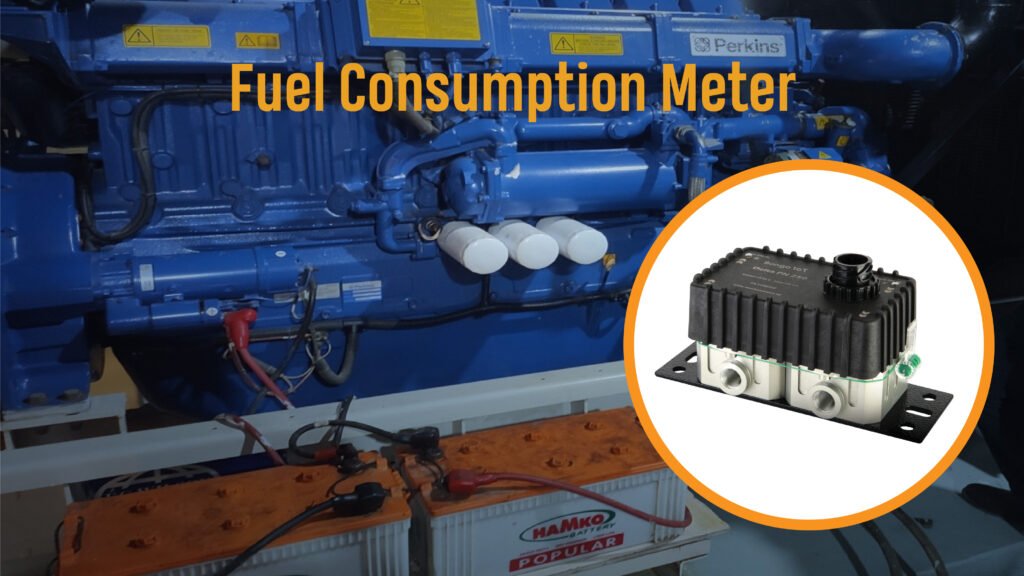
Introduction:
Sea Pearl Resort, located in the picturesque coastal town of Cox’s Bazar, Bangladesh, is a premier destination for travelers seeking relaxation and natural beauty. To ensure an uninterrupted power supply for its guests and operations, the resort relies heavily on generators. However, managing fuel consumption efficiently was a concern, prompting the resort management to explore innovative solutions. This case study examines the successful implementation of a Fuel Consumption Meter Delta in the resort’s generator system.
Challenges:
Inefficient Fuel Management: The resort faced challenges in accurately measuring and managing fuel consumption in its generator. The lack of real-time data led to difficulties in planning refueling schedules and optimizing fuel usage.
Cost Control: Fluctuating fuel prices and inefficient consumption patterns were affecting the resort’s operational costs. An effective solution was needed to enhance cost control and improve resource allocation.
Environmental Impact: Inefficient fuel consumption not only impacted the resort’s budget but also had environmental implications. An accurate fuel management system was sought to minimize waste and reduce the resort’s carbon footprint.
Solution:
The decision was made to install a Fuel Consumption Meter Delta in the generator system at Sea Pearl Resort. The Fuel Consumption Meter Delta is a cutting-edge technology designed to provide real-time monitoring of fuel consumption and related metrics.
The Bongo IoT Fuel Monitoring Software issues timely warning alerts to detect indications of fuel contamination, effectively preventing potential damage to engines.
Through its remote monitoring capabilities, operators gain the ability to remotely access fuel data, supervise generator performance, and manage fuel-related operations from a single centralized location.
This software generates detailed reports concerning fuel consumption and patterns of usage, empowering operators to recognize possible concerns and enhance fuel efficiency
Installed Devices:
Model: PERKINS GENERATOR 4008TAG1A 875KvA
- Fuel Consumption Meter Delta
- FMB 125
Implementation Steps:
- Assessment and Planning: The resort’s engineering team collaborated with fuel management experts to assess the generator setup, fuel supply system, and integration possibilities for the Fuel Consumption Meter Delta.
- Installation and Integration: The Fuel Consumption Meter Delta was seamlessly integrated into the generator’s fuel supply line. Sensors were strategically placed to measure fuel flow rates accurately.
- Data Integration: The meter was connected to the resort’s central monitoring system, enabling real-time data transmission and analysis.
- Calibration and Testing: The system underwent thorough calibration and testing to ensure accurate measurement and data consistency.
Results and Benefits:
- Accurate Fuel Consumption Monitoring: The Fuel Consumption Meter Delta provided real-time data on fuel usage, enabling the resort’s management team to monitor consumption patterns with precision.
- Optimized Refueling Schedules: With accurate consumption data, the resort optimized its refueling schedules, reducing downtime and ensuring continuous power supply.
- Cost Savings: By monitoring fuel consumption closely, Sea Pearl Resort experienced a notable reduction in fuel wastage, resulting in significant cost savings over time.
- Environmental Impact: Efficient fuel consumption translated to reduced carbon emissions and a more environmentally friendly operation, aligning with the resort’s sustainability goals.
- Data-driven decision-making: The resort’s management gained valuable insights into energy consumption patterns, enabling data-driven decisions for improved operational efficiency.
Conclusion:
The installation of a Fuel Consumption Meter Delta in the generator system at Sea Pearl Resort Cox’s Bazar proved to be a transformative solution. The resort successfully tackled challenges related to inefficient fuel management, cost control, and environmental impact. By leveraging real-time data and accurate consumption metrics, Sea Pearl Resort enhanced its energy management practices and established a more sustainable and efficient operational model. This case study serves as an example of how advanced fuel consumption monitoring technology can drive positive outcomes for both operational and environmental goals in the hospitality industry.
🌐Discover more
Visit at:
https://www.bongoiot.com/fuel-management
WhatsApp:
or,
Mail Us:
